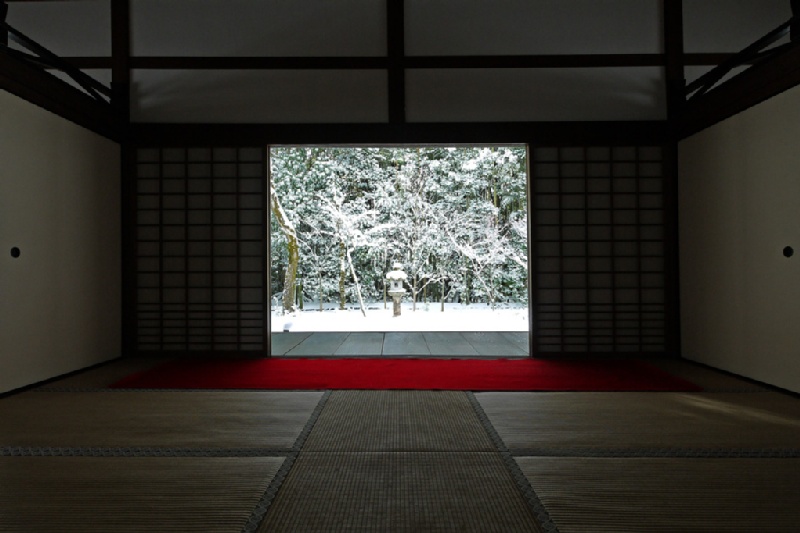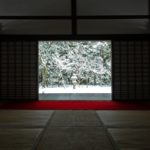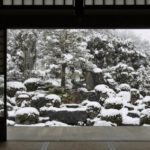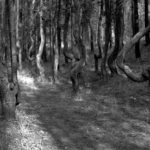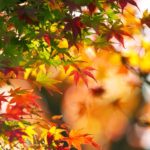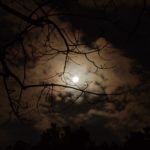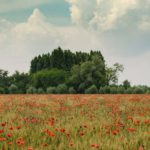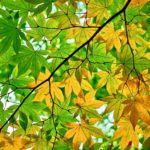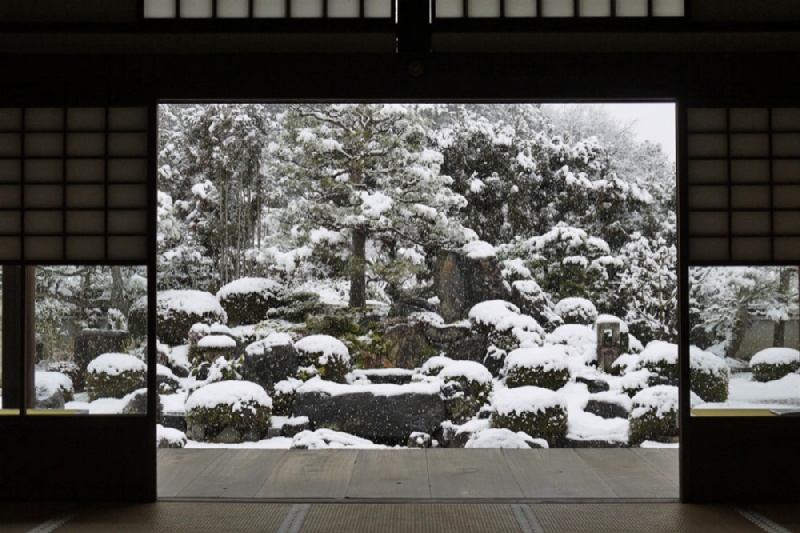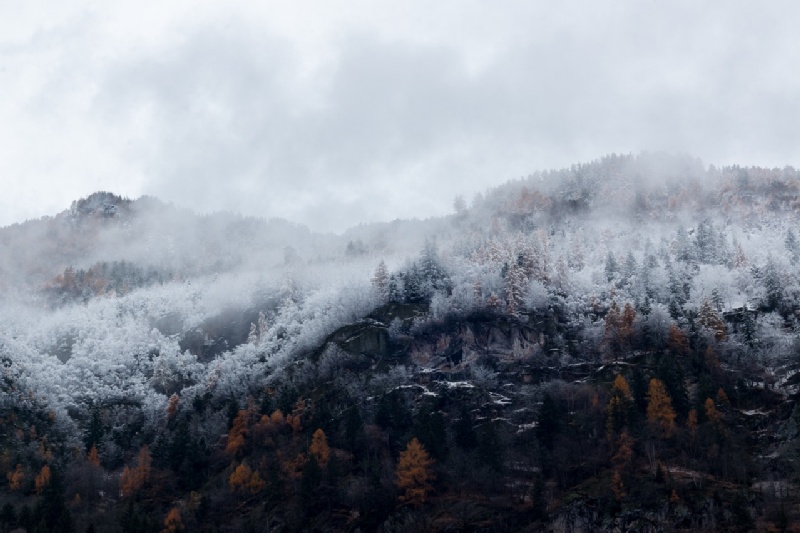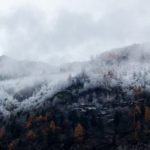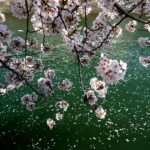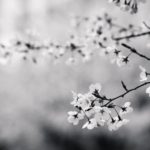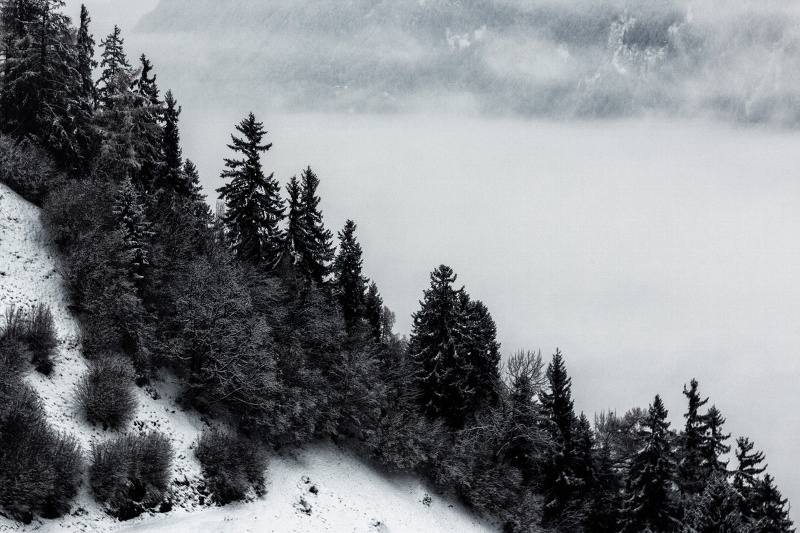Bunjin is referred to as an intellectual who lives in literature, prefers creative solitude, appreciates arts and natural beauty. Basho was one of those bunjin but was painfully aware of their lack of practicality and asked himself and fellow artists the question: What’s the use of pursuing your artistic ambition? Basho cast a doubt on blind accolades to charming references to Chinese classics or natural beauty. He looked at the reality of human existence.
文人とは、文学的素養を持ち、俗世を離れた隠遁的芸術生活を送り、種々の芸術に通じ、山紫水明を愛する人を指します。芭蕉も文人の一人でしたが、芸術家であることは社会にとっての無用者とされることを痛く理解していた芭蕉は、芸術の道を極めることに果たして意味があるのかと問いました。中国古典や自然美をただ巧みに取り入れることを手放しで評価していいものなのか、目の前にある、生きることの現実に目を向けるべきではないか、そう考えたのです。
猿を聞人捨子に秋の風いかに
You know how sadness comes over
When hearing a monkey scream
You know how autumn winds blow
On this poor little orphan child?猿の声に悲しみを詠む人よ 捨子に秋の風が吹きつけている これはどういうことだ
Artist’s Way
He addressed a typical attitude of bunjin, who usually associates hearing monkey screams with sadness based on an old Chinese story. This association is a popular cliche, but he asked himself if the artist’s rhetorical references can ever give any insight to existential reality right in front of their eyes. You have nothing to offer to a poor little orphan on the street. He reminds fellow artists of the fact that being an artist is like a lamp in broad daylight. He refers to his own position as follows:
この歌で、中国の古典に依拠して、猿の声と悲しみとを結びつける文人の態度を取り上げています。その上で、果たして芸術の道というものが、眼前の現実に何某かの洞察を提供出来るのかと問います。哀れな子供に対してできることはあるのか、芸術家であることに意味はあるのか。
予が風雅は、夏炉冬扇のごとし
my artistic, stylistic efforts are nothing more than a warm stove in summer and a cooking fan in winter.
己の芸術と風流の試みは、夏に炉で火を炊いたり、冬に団扇であおぐものでしかない。
Well aware of this fact, he lived a truly artistic life. He understood that being an artist is regarded as useless in the general sense of the bottom line of business, but it is beyond practicality that an artist survives by pushing boundaries and by exploring their own art form in the way that:
こうした現実をよく理解した上で、芭蕉は芸術の道に生きました。確かに、一般的な実用性や生産性という意味では、無益な存在であるかもしれないが、それぞれの芸術表現の道を極めることで可能性を拡げることができる、生き抜くことができると考えたのです。
西行の和歌における、宗祇の連歌における、雪舟の絵における、利休が茶における、其貫道する物は一なり。
Saigyo explored artistic horizons with waka; Sougi with collaborative poetry (renga); Sesshu with ink and wash painting; Rikyu with tea. They all devoted themselves to figuring out how their artistic insights manifest in their own art form.
西行は和歌で、宗祇は連歌で、雪舟は水墨画で、利休は茶で。形式は異なるが、求めたものはひとつ。
Some people regard your efforts as useless and never appreciate what you’ve been doing, while others know how you make a difference and how you inspire people because you’re beyond the accepted. With this in mind, put a little more faith in what you devote yourself to.
一方では「無用者」と呼ばれても、他方では、既存の枠組みの外で追求した営みによって、人はこの世界に爪痕を残し、周囲に何らかの影響を与えることもあるのです。自分が多くの時間とエネルギーを投じているものを大切にしたいものですね。






